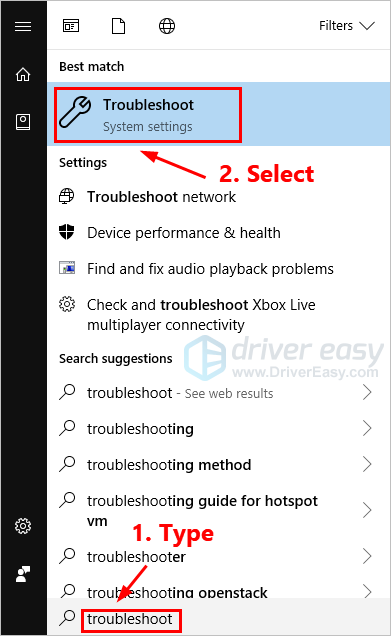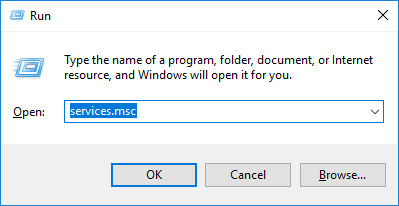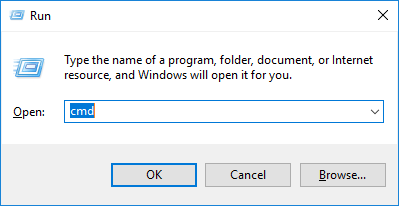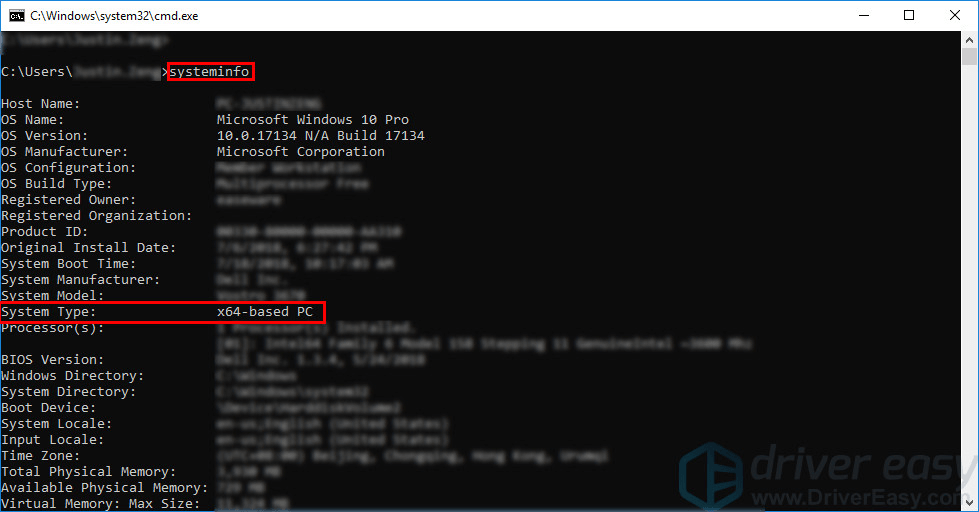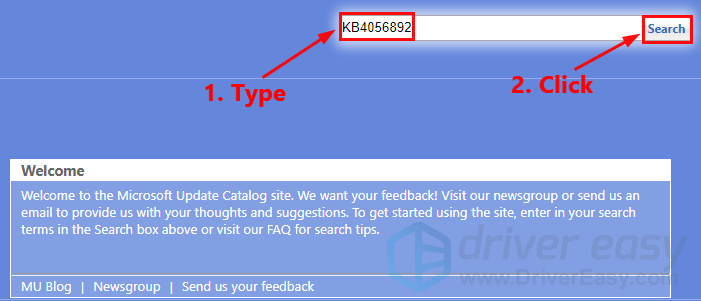![Troubleshooting & Solutions for Winodws 10'S Persistent 0X800705b4 Update Problem [Resolved]](https://thmb.techidaily.com/7d954d5ef5beb31b578dcda4509d16e23f0ef0d1b79a76b01e4834ddb01328ea.jpg)
Troubleshooting & Solutions for Winodws 10'S Persistent 0X800705b4 Update Problem [Resolved]

Troubleshooting the KB4056892 Error for Smooth Windows 10 Updates - Solved

Failed to install KB4056892 when you perform Windows Update on your Windows 10 PC? Don’t worry… Although it’s incredibly frustrating, you’re definitely not the only person to experience this problem. Thousands of Windows 10 users have recently reported the very same issue. More importantly, you should be able to fix it pretty easily…
Try these fixes
- Running Windows Update Troubleshooter
- Restarting Windows Update service
- Setting the trustedInstaller service to auto start
- Running System File Checker
- Downloading update KB4056892 from Microsoft Update Catalog manually
- Pro tip: Want us to fix the problem for you?
Fix 1: Running Windows Update Troubleshooter
Windows Update troubleshooter is a built-in tool that can help you analyze and resolve issues related to Windows update. Try running Windows Update troubleshooter to see if you can resolve this issue. Here is how to do it:
- On your keyboard, press the Windows logo key and type troubleshoot . In the list of search results, select Troubleshoot .

- In the pop-up window, select Windows Update and click Run the troubleshooter . You’ll be prompted for permission. Click Yes to run Windows Update troubleshooter.
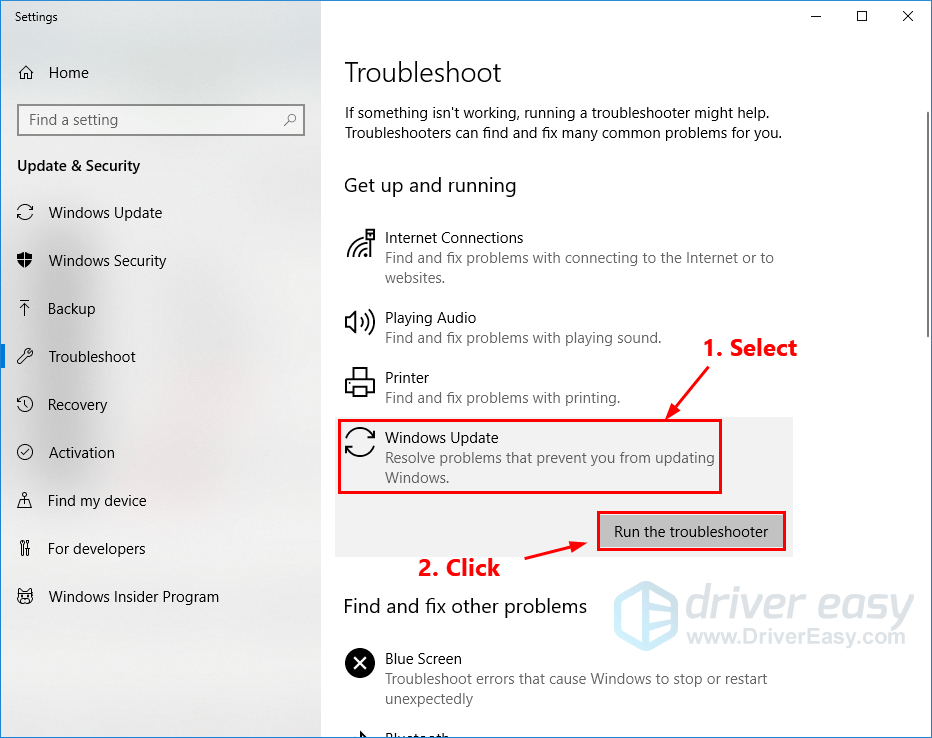
3. Click Apply this fix to continue.
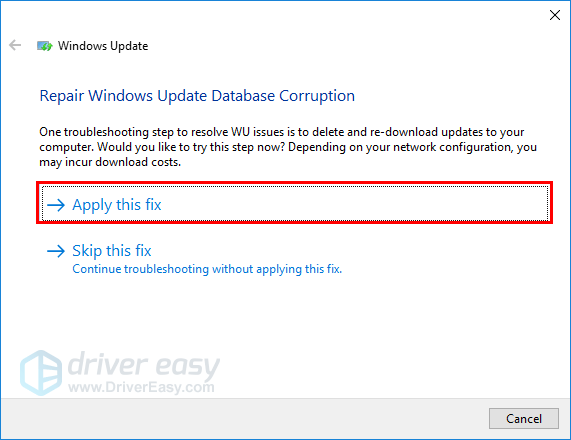
4. Follow the on-screen instructions to troubleshoot this issue.
Perform a Windows update again to see if you can install the update. If not, try the next fix, below.
Fix 2: Restarting Windows Update service
You may run into this issue if there is something wrong with the Windows Update service. You can try restarting the Windows Update service to resolve this problem. Here’s how to do it:
- On your keyboard, press the Windows Logo key and R at the same time to open the Run dialog, then type services.msc and press Enter to open the Services window.

- Right-click Windows Update and select Stop if its current status is “Running”. If the Windows Update service is not running, please skip this step.

- On your keyboard, press the Windows Logo Key and E at the same time to open File Explorer . Copy the path below and paste it in the address bar, then press Enter on your keyboard to go to the DataStore folder.
C:\Windows\SoftwareDistribution\DataStore

4. Delete all the files in the folder DataStore .

When all the files are deleted, you shall see “This folder is empty”.
5. On your keyboard, press the Windows Logo Key and E at the same time to open File Explorer . Copy the path below and paste it in the address bar, then press Enter on your keyboard to open the Download folder.
C:\Windows\SoftwareDistribution\Download** **
6. Delete all the files in the folder Download .
When all the files are deleted, you shall see “This folder is empty”.
7. In the Services window, right-click Windows Update and select Start .
Check Windows Update again to see whether you can install the update. If not, try the next fix, below.
Fix 3: Setting the TrustedInstaller service to auto start
This issue may occur if you didn’t set the trustedInstaller service to auto start. So try setting the TrustedInstaller service to auto start before you install the update KB4056892. Here is how to do it:
- On your keyboard, pressthe Windows logo key andR at the same time to open the Run dialog. Typecmd and pressCtrl ,Shift andEnter at the same time torun Command Prompt as administrator . You’ll be prompted for permission. ClickYes to open Command Prompt.

- In Command Prompt, type the command line below and press enter:
SC config trustedinstaller start=auto
- Close Command Prompt and restart your PC.
Perform Windows Update again after your restart your PC. See if you can install the update KB4056892. If you can install it, congratulations! You’ve fixed this issue.
Fix 4: Running System File Checker
System File Checker can scan for corruptions in Windows system files and restore corrupted files. When you fail to install Windows updates, it may be caused by some corruption error. In this case, running System File Checker may help you resolve this issue.
- On your keyboard, pressthe Windows logo key andR at the same time to open the Run dialog. Typecmd and pressCtrl ,Shift andEnter at the same time torun Command Prompt as administrator . You’ll be prompted for permission. ClickYes to open Command Prompt.

- In Command Prompt, type the following command and press Enter .
sfc /scannow
It may take some time for the command operation to be completed.
- When this command operation is completed, close Command Prompt.
Run Windows Update again to check whether this fix works or not. If you still fail to install the update KB4056892 for your Windows system, try downloading it from Microsoft Update Catalog manually.
Fix 5: Downloading the update KB4056892 from Microsoft Update Catalog manually
You can try downloading the updates you failed to install from Microsoft Update Catalog and install them manually. Here is how to do it:
- Follow the instructions below toview your system type before you download the update KB4056892 from Microsoft Update Catalog manually:
- On your keyboard, press the Windows Logo key and R at the same time to open the Run dialog. Type cmd and press Enter to open the Command Prompt.

- Type the command line systeminfo and press Enter to view your system type.

“X64-based PC ” indicates that your Windows OS is 64-bit ; “X86-based PC ” means that your Windows OS is 32-bit .
- On your keyboard, press the Windows Logo key and R at the same time to open the Run dialog. Type cmd and press Enter to open the Command Prompt.
- VisitMicrosoft Update Catalog .
- TypeKB4056892 and then click Search .

- In the list of search results, select right update for your operating system and click Download .
If your Windows OS is 64-bit , you should download the update whose name contains “x64-based ”.
- In the pop-up window, click the link to start downloading the updates.
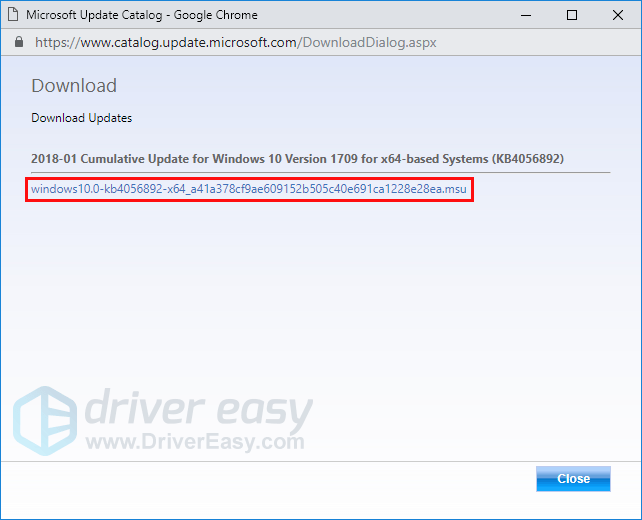
6. Double-click the downloaded file and follow the on-screen instructions to install the update.
See if you can install the update. If not, try the next fix, below.
Pro tip: Want us to fix the problem for you?
If none of the fixes above worked, or you just don’t have the time or confidence to troubleshoot the problem for yourself, get us to fix it for you.
All you need to do isbuy a 1-year subscription to Driver Easy (just $29.95) and you get free technical support as part of your purchase. This means you can contact our computer technicians directly and explain your problem, and they’ll investigate to see if they can resolve it remotely.
IMPORTANT: Please attach the URL of this article when you contact us, so we could help you resolve the problem ASAP. You can expect us to respond within two working days.
You can contact us easily via the Driver Easy Feedback tool . To learn how to use this tool, please visit this link: https://www.drivereasy.com/help55/feedback/ .
Also read:
- 2024 Approved Streamlined Approach to Role Assignments on Discord Servers
- Critical Update: Overcoming Continuous Restart Issues in Windows 10 Systems
- Detailed Steps to Correctly Resolve 'Chrome Could Not Load Plugin' On Windows 10 Machines
- Expert Tips to Get the Newest Lenovo ThinkPad Drivers Without Any Risk
- Fix: ERR_CONNECTION_REFUSED [with Pictures]
- Forward Error Correction (FEC):
- How to Find iSpoofer Pro Activation Key On Apple iPhone 15 Pro Max? | Dr.fone
- In 2024, Mastering the Art of Customizing Your YouTube Channel URL
- Life Is God's Best Gift | Free Book
- Multitasking Mastery: Utilizing Split Screen Mode on MacBook Air
- Soft Sonata Reducing Volume in OS for 2024
- Steam Game Troubles: Tackling Installation & Updating Problems Efficiently
- Troubleshooting Easy Anti-Cheat Glitches in Apex Legends - Fixed!
- Troubleshooting Guide: Overcome 'Cannot Access Device Path in Windows'
- Unveiling Facetune's Potential Photo Editing Like Never Before
- Why Isn't the Classic Shortcut Key Combo Work? Troubleshooting Steps Inside
- WTV to MP4 Conversion Tutorial: Step-by-Step Guide for PC and Mac Users
- Title: Troubleshooting & Solutions for Winodws 10'S Persistent 0X800705b4 Update Problem [Resolved]
- Author: Anthony
- Created at : 2025-02-04 04:36:53
- Updated at : 2025-02-07 02:10:39
- Link: https://win-howtos.techidaily.com/troubleshooting-and-solutions-for-winodws-10s-persistent-0x800705b4-update-problem-resolved/
- License: This work is licensed under CC BY-NC-SA 4.0.
